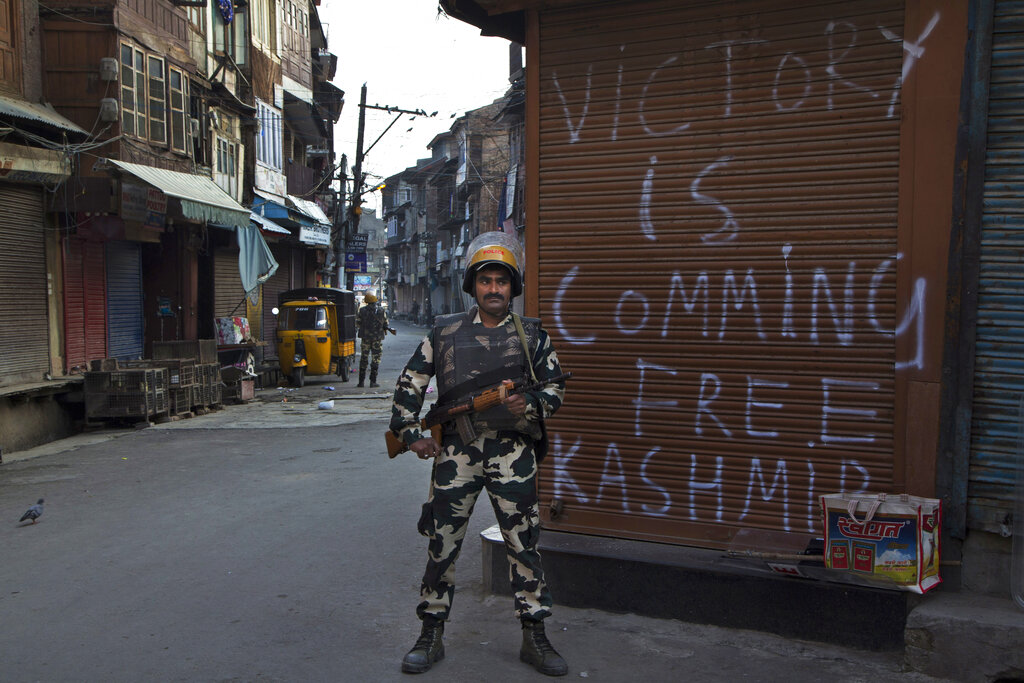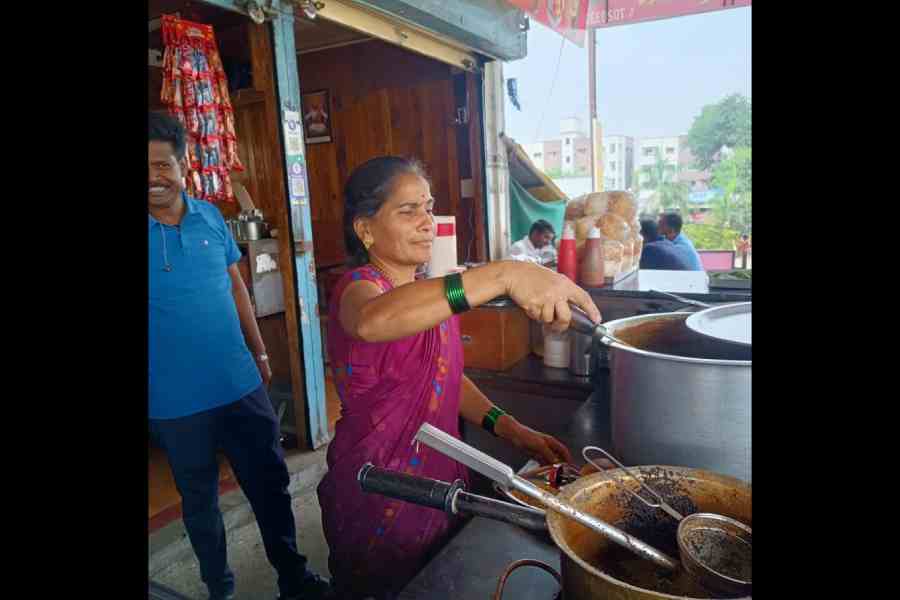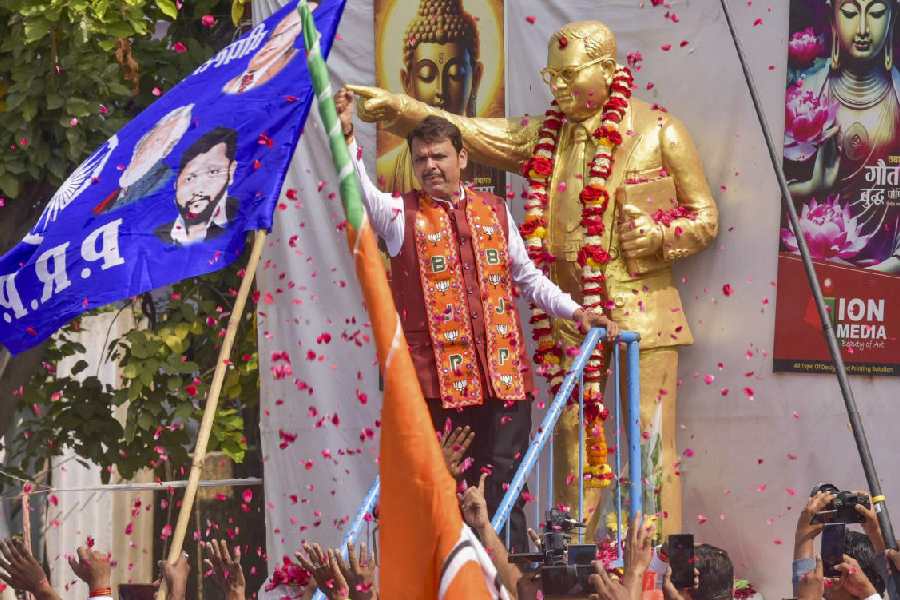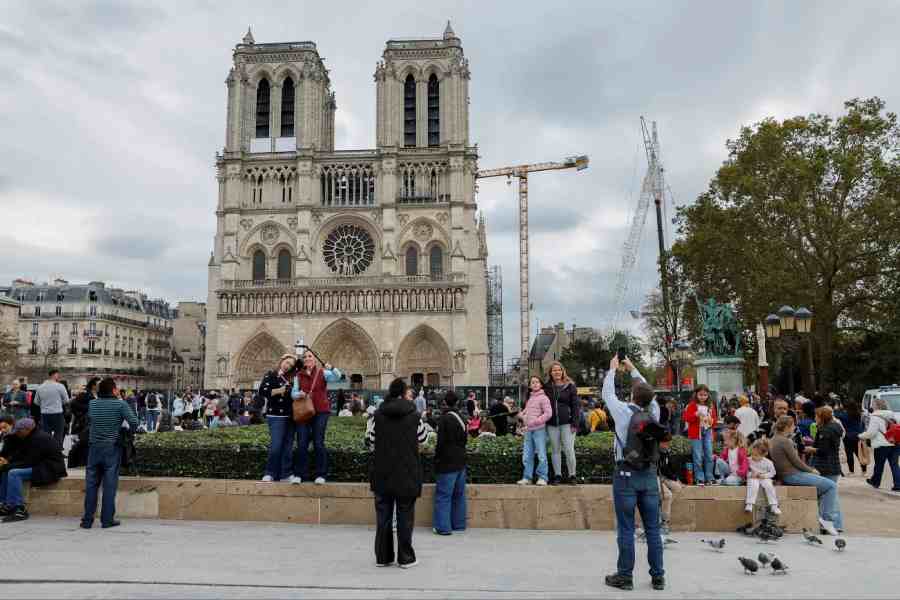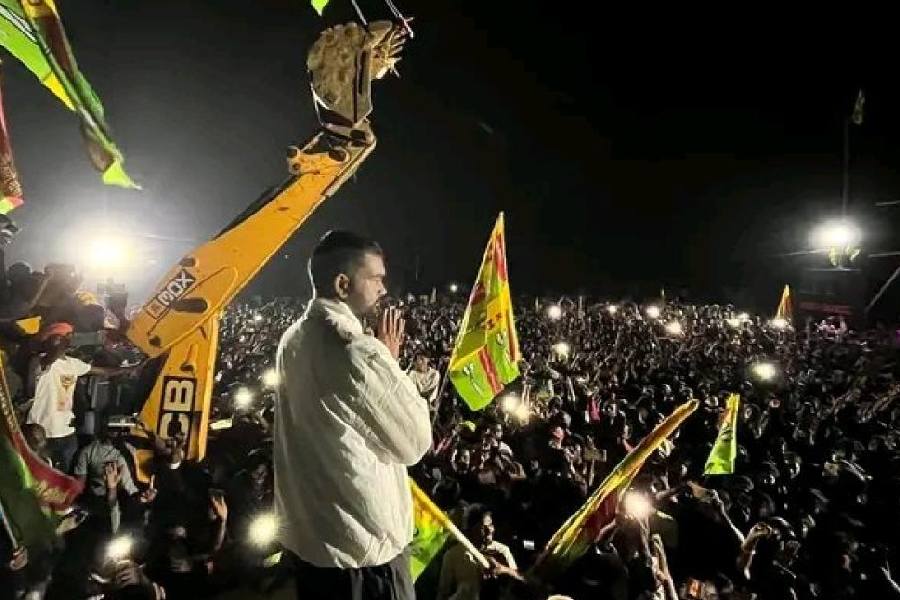Chasing down employees, transacting at unusual hours on army demand, and facing fusillades of stone for daring to open a bank branch, bankers in restive Kashmir have been enduring a tumultuous time amid the lockdown while ensuring skeletal operations.
Officials who are from outside the Valley had been pulled out in the days leading to August 5, when Jammu and Kashmir’s special status was revoked and the state brought under a security clampdown.
“For the first three-four days after August 5, our operations were fully shut. Curfew was clamped across the Valley. In the past month, we had just skeletal operations in many parts, while some branches in sensitive areas remain shut,” a senior official with a leading bank, visiting this town from Srinagar, told PTI.
He said that modern banking relied on communications, something that had become a luxury for the region’s 90 lakh residents and its banks.
In the days when some normalcy began returning, teams of employees would spread out to addresses on bank records to chase their colleagues. Some were found immediately and others with some effort as they had shifted lodgings.
When shops and commercial establishments began opening very early in the morning, the banks followed suit although this fell outside the notified banking hours.
Bank transactions in Kashmir now involve mostly a single aspect of banking ---- cash withdrawals.
“In the skeletal operations we manage to carry out, we have only one (kind of) transaction taking place --- cash withdrawals. New lending and fresh deposits are fully shut,” a colleague of the senior banker said. He said the leased BSNL lines were the lifeline for such operations.
Sometimes banks face unusual requests, for instance, from army commanders or district officials angered by their staff’s failure to get a transaction through, or at some official work getting stuck.
“They send vehicles looking for us at our residences. We go in convoys to open a branch, and after the required transactions we are dropped back home,” a third banker, also based in Srinagar, said.
The state government-run J&K Bank has over 700 branches --- the highest in Jammu and Kashmir — followed by the State Bank of India, which has over 180.
Bankers have witnessed lockdowns in the past — including one that lasted six months in 2016-17 after the security forces gunned down militant poster boy Burhan Wani — but insist that this one is different.
Sometimes local people have opposed the opening of banks. Stones have been thrown at bank branches while being opened, and a female employee’s two-wheeler was stolen allegedly because she had dared open the branch she worked in.
Keeping the ATMs running has been another challenge, especially with the off-site ones whose replenishment is generally outsourced to vendors. Even when these casual staff managed to find a few despite the communication blockade, they were presented with an anti-climax of sorts.
“At the time of putting in cash, the loader (operative) depends on a one-time password that he receives through a text message,” a bank official rued. Of course, mobile phone services are suspended in the state.
For the same reason — want of communications — all digital banking avenues are shut. There are no card-swipe transactions at shops. No digital wallets like Paytm functions.
Cash rules, but its management is a problem too because opening the currency chests sometimes becomes tricky.
“Many bank officials and managers are from outside the state. While leaving the Valley, they left the keys in the chests with the administrative personnel. It takes the use of two keys together to open the vault, and the people holding on to the hundreds of keys find it difficult (to match the pairs),” a senior bank official said.
The official, who is from outside the state but has stayed on in Jammu, said these problems tormented only the 10 districts of the Valley, which are under the lockdown. Jammu and Ladakh are almost normal.
Banks have also had to cancel recruitment drives as the test is carried out online, or to request candidates from the Valley to travel to Jammu to take the exam. The official said these announcements were made through local cable “news channels” and newspapers.
A banker from the Valley who is now based in Leh said banking operations in the region were normal but he had not been able to speak to his family back home.

